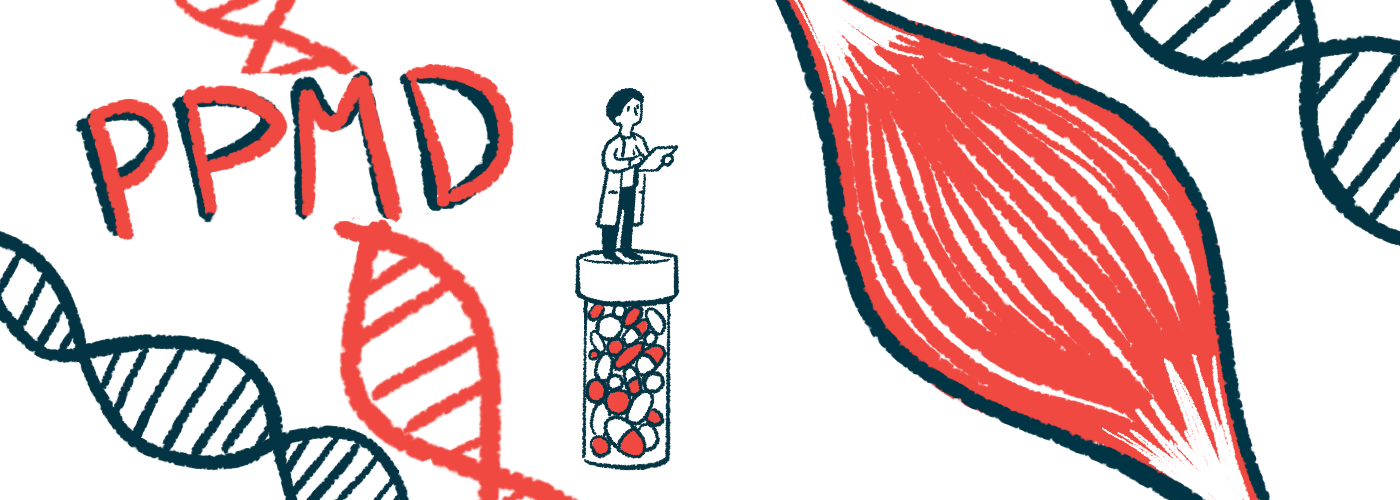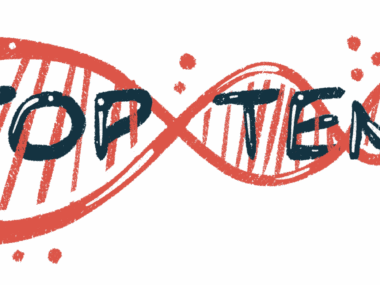PPMD 2024: 30 years of ‘progress, community, and resilience’
Event set to draw more than 1,300 participants, feature dozens of speakers
Written by |

The Parent Project Muscular Dystrophy (PPMD) 30th annual conference kicks off today, offering families affected by Duchenne muscular dystrophy (DMD) or Becker muscular dystrophy (BMD) the chance to “celebrate three decades of progress, community, and resilience.”
The PPMD conference, which runs through Saturday, is taking place in Orlando, Florida. The cost to attend is $30 for each family member. Virtual attendance is possible for some events.
“From PPMD’s first annual conference 30 years ago to our momentous return to Orlando this week, this community’s unwavering commitment, passion, and resilience have been the driving force behind our fight for every future,” Pat Furlong, president and CEO of PPMD, said in a press release from the group, which was founded three decades ago by parents and grandparents of people affected by muscular dystrophy. “We have faced challenges and celebrated victories and we have motivation to keep progressing. PPMD’s 30th annual conference will be filled with a variety of interactive experiences to spark conversation, foster new and familiar relationships, learn from one another, and continue to drive change in the fight to end Duchenne.”
Just ahead of this year’s conference, a group of healthcare professionals met in Orlando to begin discussions about developing consensus-based guidelines for standard care in BMD, the organization said.
The conference is the largest global gathering of Duchenne and Becker families, according to PPMD. This year’s event is expected to draw more than 1,300 participants, and include dozens of speakers and educational sessions.
It also offers opportunities for attendees to connect and to personalize their own experiences. PPMD is offering several specialty tracks that provide tailored programming for specific situations. For example, there are tracks for children with muscular dystrophy, older teens and adults with DMD/BMD, and siblings of people with these diseases. A specialty track specifically for families who’ve only recently been diagnosed is also included. Events for these tracks are taking place throughout the conference.
The conference also will offer “PPMD for YOU,” a program where attendees can sign up for one-on-one or small group sessions with experts to learn more about topics like physical therapy, genetic counseling, and speech therapy.
DMD and BMD are caused by mutations in the gene that codes for dystrophin, a protein essential for maintaining muscle health. People with DMD typically produce no functional dystrophin at all, whereas in the milder and rarer BMD, a small amount of functional protein is produced. In either case, the lack of functional dystrophin leads muscle cells to become progressively more damaged over time, driving disease symptoms.
PPMD conference, by the day
Furlong will give the keynote address today and highlight the last three decades of progress to combat DMD and BMD. Muscular Dystrophy News Today will cover her talk and several other sessions during the conference.
Today’s conference agenda includes informational sessions about navigating available MD treatments and outcome measures, building a community, along with tailored opportunities for the various specialty tracks.
The conference will continue tomorrow with breakfast at 8 a.m. and a discussion about how behavior management can impact patients’ lives. After that, will be a variety of specialty track options and breakout sessions, from resources for caregivers of children at various ages to self-care for patients.
The second day will feature sessions on up and coming treatment approaches for DMD and BMD. One session will discuss an approach aimed at restoring dystrophin production, while another will be about gene therapies.
Toward the end of the second day discussions will be featured on resilience, sleep, and nutrition, followed by opportunities for families to connect and relax by the pool.
The final day of the conference will start with breakfast at 8 a.m., followed by more specialty track offerings and discussions on bone health and making adaptations in the home to make daily life less challenging. The day will also feature discussions about alternative strategies to slow disease progression, clinical trials, and patient-assistance programs, plus talks about asking for support and building connections within the muscular dystrophy community.
The conference will wrap up with closing remarks from Furlong at 5:45 p.m., followed by a dinner and celebration for in-person attendees.
Note: The Muscular Dystrophy News Today team is providing virtual coverage of the Parent Project Muscular Dystrophy Annual Conference (PPMD) June 27-29. Go here to see the latest stories from the conference.






